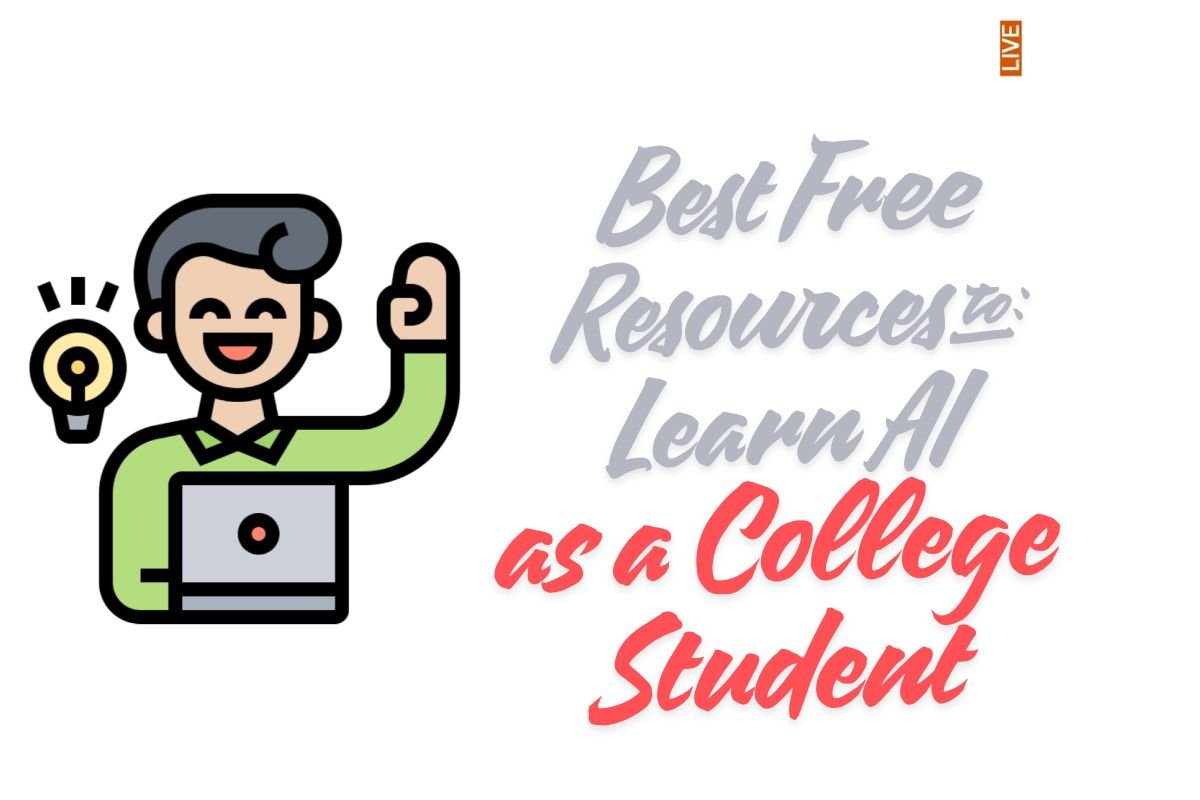The world of internships has now become an important stepping stone for students and young professionals to enter the workforce. Traditionally, grades were considered the measure of academic success, but with internships, students can experience hands-on training and acquire skills that cannot be achieved through grades.
The Changing Landscape of Employment
Applying the knowledge in practice, not theoretically. Most employers are looking for people with practical experience. Internship opportunities are in a position of learning practically and preparing them for the professional world challenges.
- Soft skills: Internships teach the practical aspects of soft skills such as communication, teamwork, and problem-solving skills, but your grades don’t reflect them.
- Networking Opportunity: Internship allows you to make industry professionals, therefore, in the future may present a further chance in that company or industry.
Benefits of Internships
Internships allow you to learn about workplace culture and etiquette and get ahead in the race to adapt to a professional environment.
- Building a Portfolio: Finishing an internship builds credibility into your resume and serves as proof that can be pointed to regarding tangible skills and accomplishments.
- Clarifying Career Goals: Experiencing an industry or role allows you to decide if this is where your long-term aspirations lie.
Why Grades Aren’t Enough
- Lack of Practical Application: Grades often measure theoretical knowledge but don’t reflect your ability to apply that knowledge in real-world scenarios.
- Competency Over Scores: Employers look for competencies like creativity, critical thinking, and adaptability, which internships are more likely to develop.
- Bridging the Gap: Internships bridge the gap between academic learning and industry requirements, ensuring you’re job-ready.
How to Balance Internships and Academics
- Plan in Advance: Try to select the internships based on your schedule of academics, and do not take up too many to avoid burnout.
- Learn More: Prioritize internships with substantial learning over those that merely involve menial tasks.
- Look for Support: Many universities award credit for the internship, balancing academics and work.
Wrapping Up!
Even though grades are integral measures of accomplishment in academics, experience and the abilities offered by an internship are highly valuable. And, as one might say, the strength of experiential learning is indeed one we feel at Future Ready. Let us take the initial step into the bright future aided by the below resources in our best internship opportunities:
FAQs
- Are unpaid internships worth it?
Yes, if you get the opportunity to learn and network meaningfully with your professional contacts.
- How do I get internships?
You can begin by searching on platforms like LinkedIn, Internshala, and the company’s website.
- Do internships turn into full-time jobs?
Yes, a lot of companies take on full-time roles from interns who perform outstandingly well.
- When should I begin applying for internships?
You should ideally begin looking for internships during the second or third year of college.




















